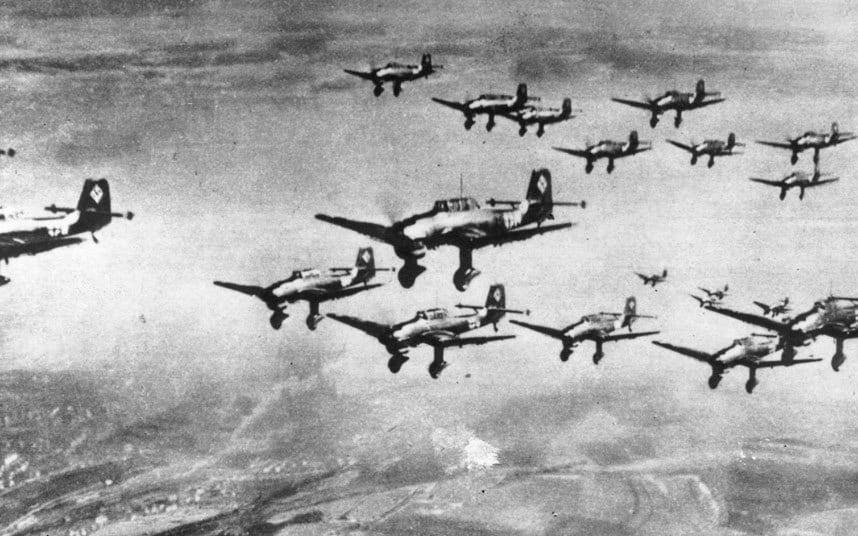August 13, 1941. Eastern Front
OKH Chief of Staff Franz Halder on 13 August 1941 has a conference with Chief of Staff for Army Group South at Uman and the army generals under Field Marshal von Rundstedt’s command. Afterward, Halder writes: The consensus is that the projected missions can be carried out. At present we have no clear plans yet for solving the Kiev problem and for swiftly occupying the Crimea. Considering that the capture of Kiev and the Crimea, in fact, are the two primary missions of the Army Group, not having a plan for achieving these objectives is not overly reassuring for the Army Group’s prospects.
Halder also sets down his impression of Hitlers most recent Fuhrer Directive, “Supplement to Directive 34.” Halder writes: Attack on Moscow by Army Group Centre is approved, but approval is made conditional on so many factors… that the freedom of action which we need for the execution of the plan is severely restricted. Note that Halders says the army does not have the full freedom of action “which we need.” Not want, need. Already, doubt is creeping into the high command as to whether Moscow will or even can be captured.
In the Far North sector, The Finns continue making slow progress around Lake Ladoga. However, the advance toward the Murmansk railway at Loukhi has slowed to a crawl as the Soviets bring in reinforcements by rail - a luxury the Finns do not have.
In the Army Group North sector, there are fierce battles at Luga, where Panzer Group 4 is attempting to blast out of a bridgehead, and Staraya Russa, where the Germans are pulling back. In effect, for the moment the German offensive has run tight and the Soviets are giving as good as they get.
In the Army Group Centre sector, the Soviets continue beating against the exposed German Yelnya bridgehead. General Guderian refuses a request for a pullback there. At Krichev, XXIV Corps (General of Panzer Troops Geyr von Schweppenburg) subdues a pocket of Soviet troops and takes 16,000 prisoners, 76 guns, and 15 tanks.
In the Army Group South sector, leader Ion Antonescu orders the Romanian 4th Army to stop its offensive at Odessa. He orders the generals to build up a position along the Khadzhibey Estuary to the northwest of the city before proceeding further. The halt doesn’t really affect the battle because the Soviet troops in Odessa are under orders to stay put anyway - and anyone who disobeys a Red Army order to hold their position usually winds up wishing they had regardless of what would have happened to them in the position.
German 11th Army captures Cherson (Kherson), a key crossing over the Dneipr. While still over a hundred miles from the Crimea, Cherson controls the main line of communications to it. Soviet destroyers and gunboats are used in the defence.
Source: worldwartwodaily













